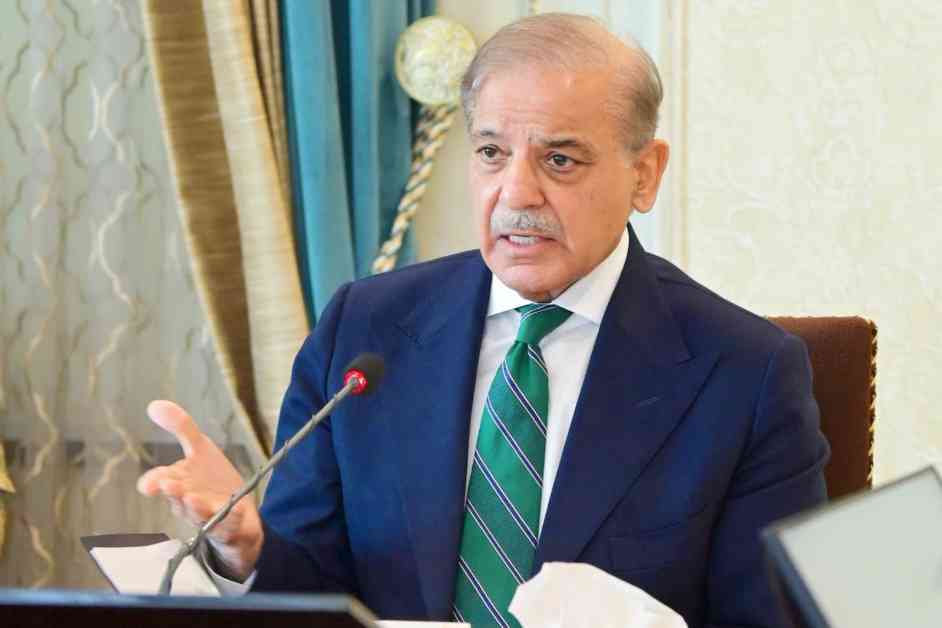Prime Minister Shehbaz Sharif was all about making moves on Tuesday when he ordered the quick implementation of FBR reforms, focusing on tightening sales tax oversight in key industries like cement and tobacco. This guy is serious about digitization and automation to shake things up in Pakistan’s tax system. He’s had enough of what he calls “70 years of mismanagement” in the country’s taxation framework and he’s ready to do something about it.
What’s the plan, you ask? Well, during a high-level review meeting, Shehbaz promised to give honest taxpayers and businesses the royal treatment while cracking down hard on tax evasion. No mercy for those trying to cheat the system, folks. The meeting also discussed the launch of a National Targeting System that aims to put the brakes on sales tax evasion. They’re talking about using e-tags and digital devices to keep tabs on goods transport, along with an e-Bilty mechanism that will be part of the FBR system. And get this, they’re planning to set up digital monitoring installations at key highways and city entry points to stop smuggling in its tracks and make life easier for commuters.
But wait, there’s more! The officials also filled in the prime minister on a Customs Targeting System that’s in the works to automate import and export monitoring at ports and airports. They’re pulling out all the stops with artificial intelligence and connections to domestic and international databases to tackle smuggling and tax fraud head-on. Oh, and they’re not leaving the FBR staff behind – plans are in place to train them on these new technologies, starting with a pilot project in a major city. And guess what? Sectors like cement, hatcheries, poultry feed, tobacco, and beverages are in for a wild ride with stricter sales tax surveillance. It’s like they’re taking a page out of the sugar industry’s playbook and applying it to these other industries.
In a surprising turn of events, Prime Minister Shehbaz Sharif has put together a high-level political committee to keep an eye on the National Fiscal Pact’s implementation. This committee is also tasked with figuring out how to divvy up the debt burden between the federation and provinces, as well as coordinating the development of critical water infrastructure in the face of Indian aggression. Deputy Prime Minister Ishaq Dar and PPP Chairman Bilawal Bhutto Zardari are going to be co-chairs of this eight-member committee, along with a few other heavy hitters in the government. Looks like things are really heating up in the world of Pakistani politics. The drama never stops, does it?









